One of the benefits of being a member of the NNA is gaining access to the Journal of Neonatal Nursing (JNN). The journal is easily accessed by visiting your Members Area and clicking on The Journal of Neonatal Nursing button in the left-hand menu. Read below to find out more about what the JNN has to offer and to read some snippets from the latest journal.
About the JNN
The JNN is a bimonthly, research-based journal produced for all professionals working with neonates and their families. This can include professionals based in a hospital setting or those out in the community. The aim of the journal is to support the development of the essential practice, management, education and health promotion skills required by those working within the industry.
By providing a forum for the exchange of ideas and information between those working within the neonatal field, the journal hopes to promote cooperation, facilitate partnership care with families, and promote innovation and change in the care of neonates and their families. The JNN also delivers a balance of information, informed opinion and education resources to unsure all professionals benefit from up-to-date knowledge of this rapidly developing industry.
All articles published in the journal are critically reviewed by professionals working in the appropriate field.
Member of the NNA? Access the journal via your Members Area: https://nna.org.uk/my-account/
Highlights from the latest issue
Live stream webcams on the neonatal unit: ‘An additional responsibility’ for nursing workload?
Live stream webcams have been introduced to the neonatal unit to reduce separation between infants and parents, but this technology has the potential to impact nursing workload. The aim of this study was to explore this impact.
Authors: Kathy Chant, Judith Meek, Ruby Hayns-Worthington, Laura Harris, Patrizia Pajak, Neil Marlow, Katie Gallagher.
Read here: https://www.sciencedirect.com/science/article/pii/S1355184123000649
Breaking the cycle of nursing chaos: The need to address the nursing shortage
Many countries around the world are reporting acute shortages of neonatal nurses due, in part, to dissatisfaction and burnout. This article explores the contributing factors, consequences, and the roles that we all play in tackling this global issue.
Authors: Jointly written by representatives from the Alliance of Global Neonatal Nursing (ALIGNN).
Read here: https://www.sciencedirect.com/science/article/abs/pii/S1355184123002156
The correlation between adequate staffing levels and positive outcomes on neonatal units worldwide
The editors of the JNN have previously included articles on neonatal staffing levels and the impact on neonatal care around the world, highlighting that good neonatal care is commonly heavily reliant on the presence and dedication of neonatal nurses, while adequate training is often lacking. The JNN welcomes submissions related to this key issue, particularly those highlighting the correlation between adequate staffing and positive outcomes on neonatal units around the world.
Authors: Breidge Boyle, Lelie Altimier
Read here: https://www.sciencedirect.com/science/article/abs/pii/S1355184123002168
Are you interest in publishing in the JNN?
We have a whole host of free resources on our website to help you get started, including a handy downloadable guide and a video series. Find them here: https://nna.org.uk/the-journal-of-neonatal-nursing/
If you have any questions, please get in touch with Julia Petty, NNA Vice Chair and JNN Editorial Committee member, via email: julia@nna.org.uk


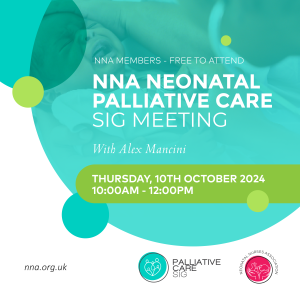

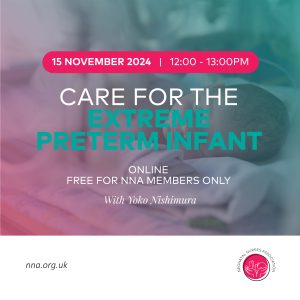
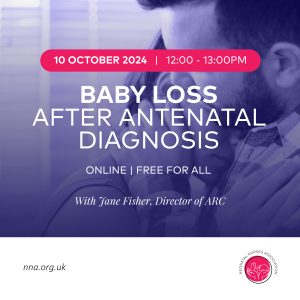
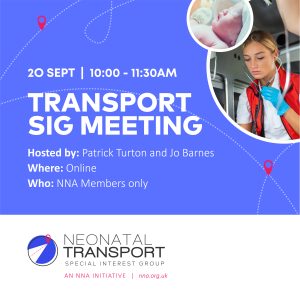
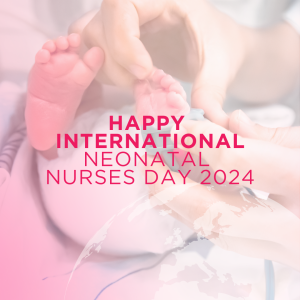
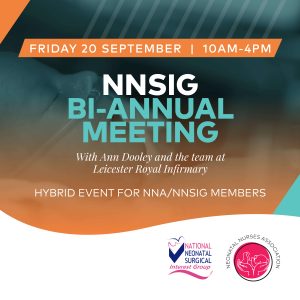
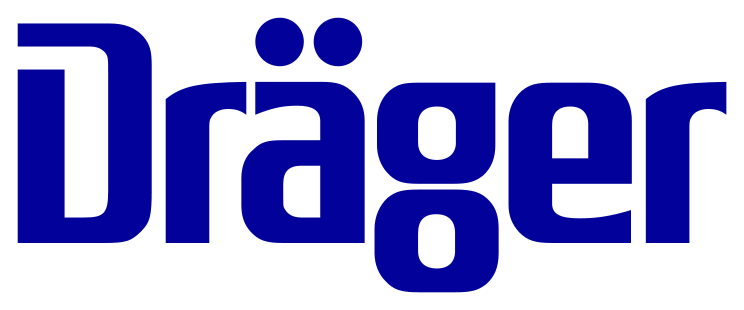
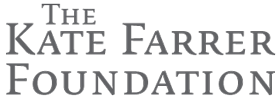

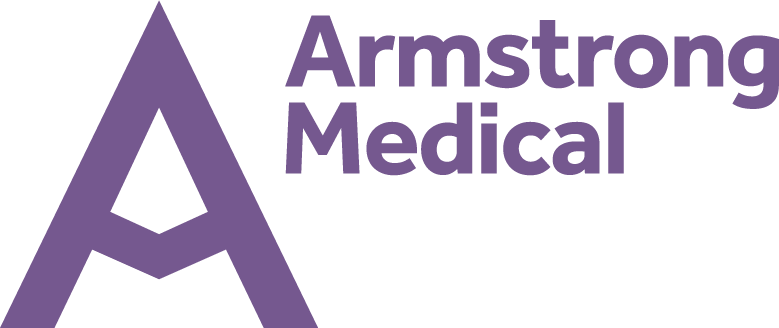


 My name is Dr. Julia Petty, and I am a nurse lecturer specialising in children’s nursing with a particular interest in neonatal care. My nursing career in paediatric and neonatal clinical nursing practice began after a BSc Hons degree in Psychology at Warwick University, when I moved to Great Ormond Street Hospital, London. Here, I trained in children’s and adult nursing before working there for many years in children’s and neonatal surgical care. I then gained my neonatal nursing qualification at St George’s NHS Trust London and worked at the Whittington NHS Trust NICU before moving back to Great Ormond Street for a senior education role on NICU where I worked until 2001. I then worked as Senior Lecturer at City University, London for 12 years leading the neonatal nursing education portfolio. I studied for a MSc, a PGCE and MA in academic practice during this time, In 2013, I moved to the University of Hertfordshire where my role is Associate Professor (learning and teaching) and Senior lecturer child nursing. I teach on the BSc Hons nursing and master’s degree programmes including leadership of modules, face-to-face/online teaching, assessing and supervision of students at all levels up to doctorate level. I am also research active and have completed a Doctorate in Education. As a nurse, educator and post-doctorate researcher, my interests focus on parents’ premature birth experiences, supporting parents in the transition home from NICU, exploring communication needs of neonates and their carers and studying the educational value of digital storytelling. This combination and variety of roles enriches my working life and brings together my experience as a child / neonatal nurse, educator and researcher. My role and related activities enable me to engage in both education and research while supporting students on their nursing career and education pathway, which is a privilege to be part of.
My name is Dr. Julia Petty, and I am a nurse lecturer specialising in children’s nursing with a particular interest in neonatal care. My nursing career in paediatric and neonatal clinical nursing practice began after a BSc Hons degree in Psychology at Warwick University, when I moved to Great Ormond Street Hospital, London. Here, I trained in children’s and adult nursing before working there for many years in children’s and neonatal surgical care. I then gained my neonatal nursing qualification at St George’s NHS Trust London and worked at the Whittington NHS Trust NICU before moving back to Great Ormond Street for a senior education role on NICU where I worked until 2001. I then worked as Senior Lecturer at City University, London for 12 years leading the neonatal nursing education portfolio. I studied for a MSc, a PGCE and MA in academic practice during this time, In 2013, I moved to the University of Hertfordshire where my role is Associate Professor (learning and teaching) and Senior lecturer child nursing. I teach on the BSc Hons nursing and master’s degree programmes including leadership of modules, face-to-face/online teaching, assessing and supervision of students at all levels up to doctorate level. I am also research active and have completed a Doctorate in Education. As a nurse, educator and post-doctorate researcher, my interests focus on parents’ premature birth experiences, supporting parents in the transition home from NICU, exploring communication needs of neonates and their carers and studying the educational value of digital storytelling. This combination and variety of roles enriches my working life and brings together my experience as a child / neonatal nurse, educator and researcher. My role and related activities enable me to engage in both education and research while supporting students on their nursing career and education pathway, which is a privilege to be part of.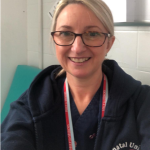 Hello my name is Claire Richards and I’m the Lead Nurse for the Wales Maternity and Neonatal Strategic Network. This covers nursing leadership but also Neonatal transport. I also have a clinical honorary contract in one Health Board.
Hello my name is Claire Richards and I’m the Lead Nurse for the Wales Maternity and Neonatal Strategic Network. This covers nursing leadership but also Neonatal transport. I also have a clinical honorary contract in one Health Board. Hello, my name is Kim Edwards, and I am a Neonatal Nurse. I am currently the Lead Nurse and Workforce, Education Lead for the Thames Valley and Wessex Neonatal Operational Delivery Network (ODN)
Hello, my name is Kim Edwards, and I am a Neonatal Nurse. I am currently the Lead Nurse and Workforce, Education Lead for the Thames Valley and Wessex Neonatal Operational Delivery Network (ODN)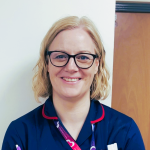
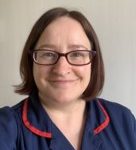 Hello, my name is Jean and I am a registered children’s nurse with 27 years experience. I qualified with a DipHE after struggling academically due to dyslexia. Over my career I have worked mainly in PICU, NICU and children’s cardiac critical care. I am dual qualified in speciality (QIS) for both Neonatal and Paediatrics. The QIS program is a post graduate modular course completed at level 6/7. To be considered QIS you must successfully complete 4 separate modules, each have an academic and practical component. Only on completion of the QIS course can you apply for a band 6 role. In addition to the above qualifications it is expected you would have several years proven experience in speciality at Band 6 and 7 prior to applying for a Matron’s role.
Hello, my name is Jean and I am a registered children’s nurse with 27 years experience. I qualified with a DipHE after struggling academically due to dyslexia. Over my career I have worked mainly in PICU, NICU and children’s cardiac critical care. I am dual qualified in speciality (QIS) for both Neonatal and Paediatrics. The QIS program is a post graduate modular course completed at level 6/7. To be considered QIS you must successfully complete 4 separate modules, each have an academic and practical component. Only on completion of the QIS course can you apply for a band 6 role. In addition to the above qualifications it is expected you would have several years proven experience in speciality at Band 6 and 7 prior to applying for a Matron’s role.